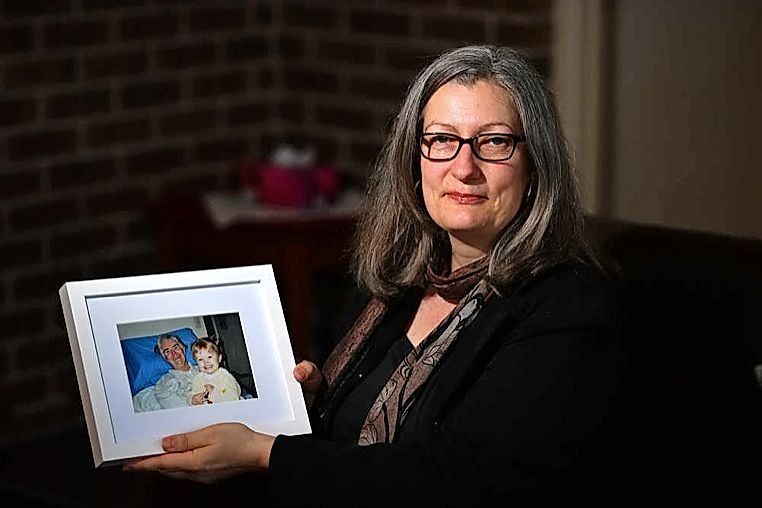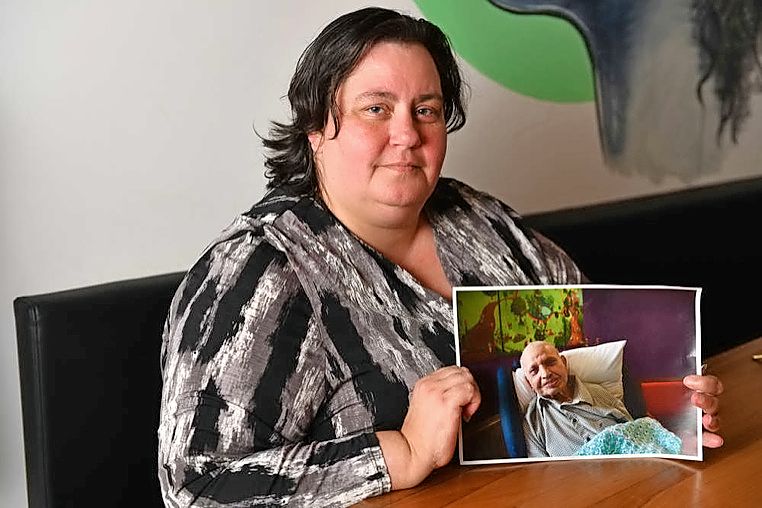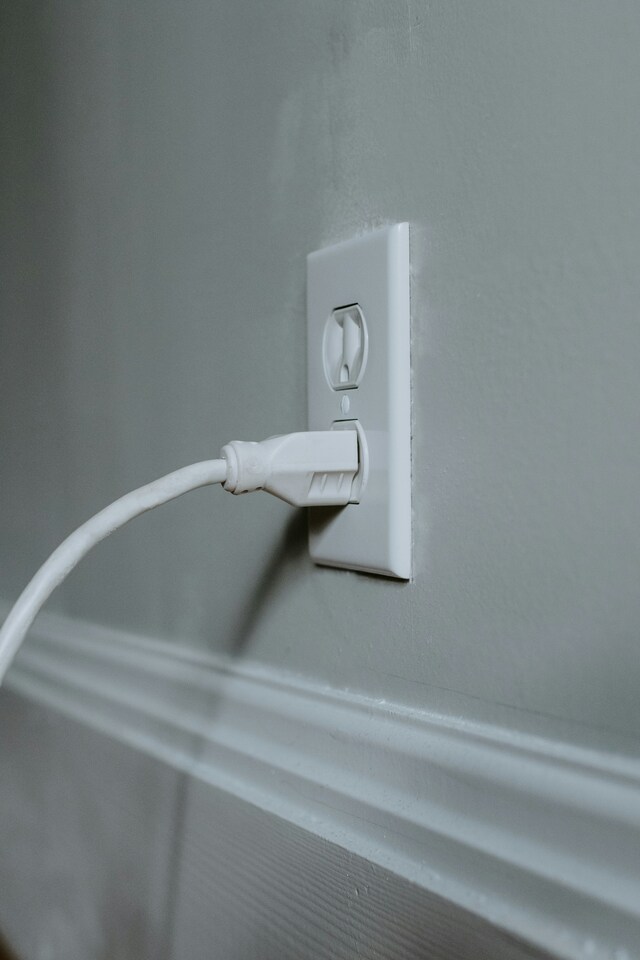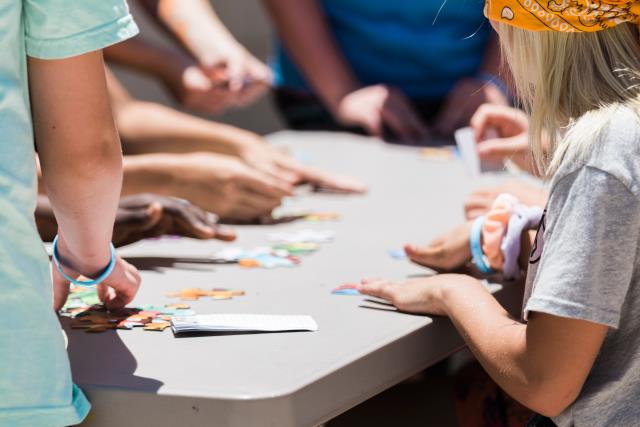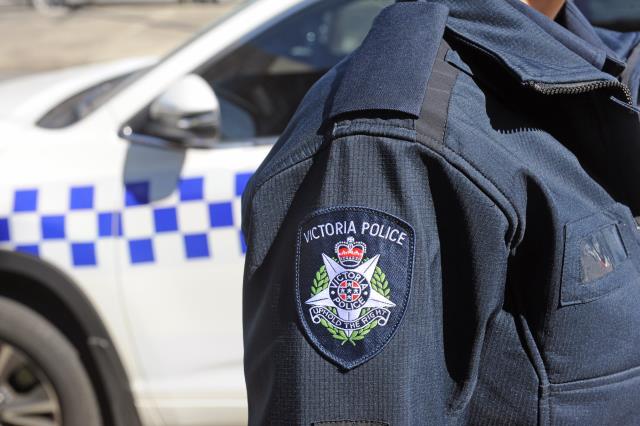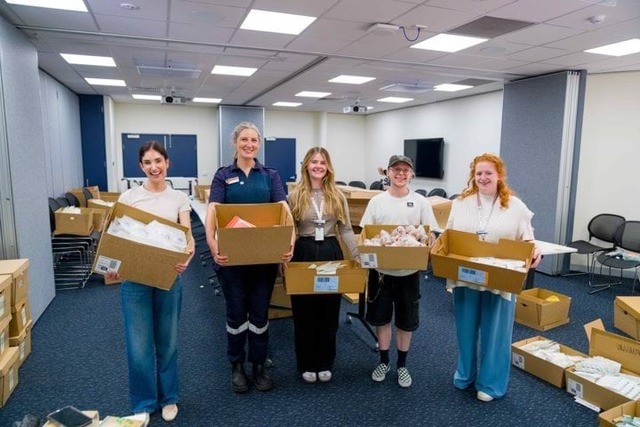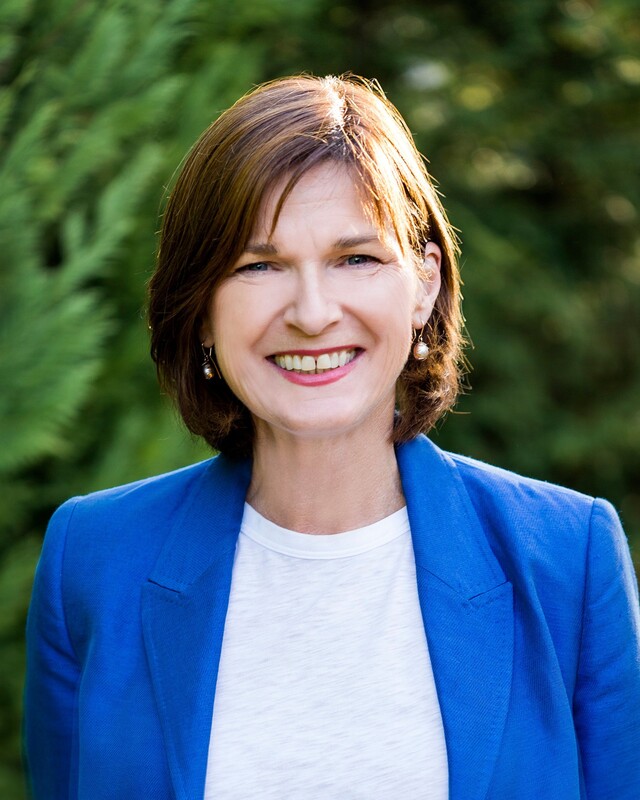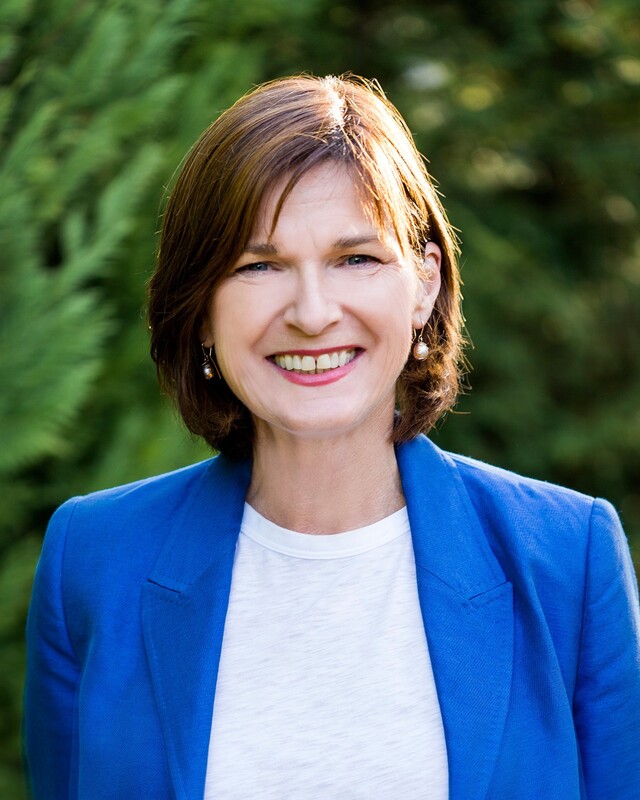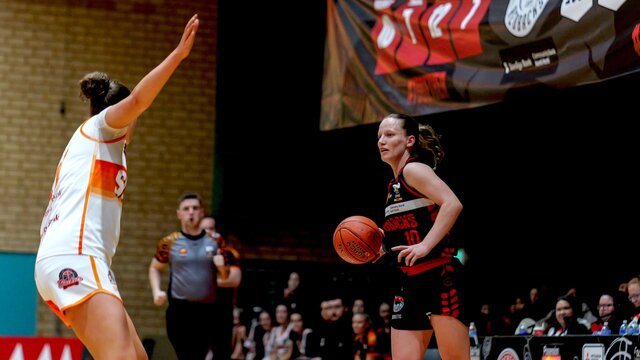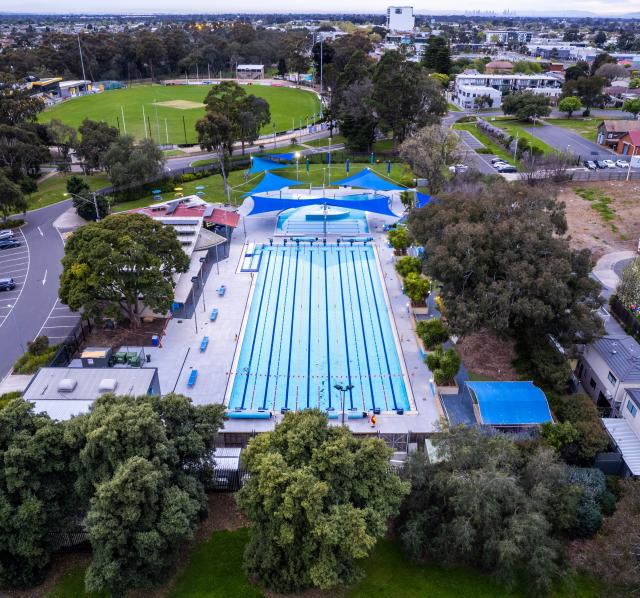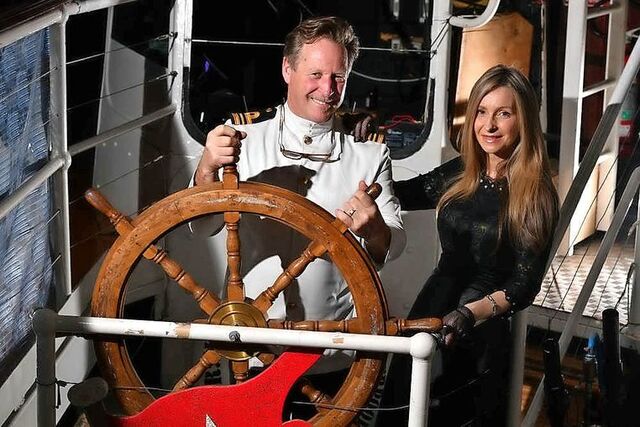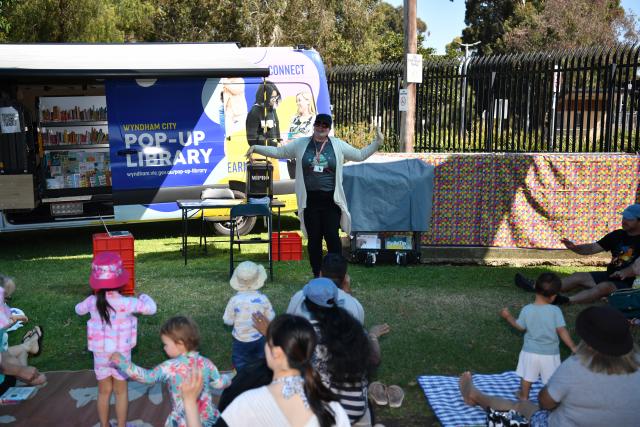Imagine this … somebody you love is in hospital. They can barely eat, speak, or move. All they want to do is die. What would you do?
Earlier this year, a parliamentary committee recommended that State Parliament adopt reforms that would give some terminally ill patients the right to choose to die when living gets too much.
Many of those against the move refer to it as a form of murder. Those in favour say it’s dying with dignity.
Werribee resident Vicki Lewer is staunchly against voluntary euthanasia. When her mother, Lesley, was 33, she was diagnosed with multiple sclerosis. Her condition deteriorated rapidly. A decade on, she was paralysed from the neck down and confined to a wheelchair.
Lesley returned to New Zealand, where she lived alone in a flat. Technology allowed her to use voice commands and a mouth control to open the door, turn the lights on, the television, and even turn pages of books. She went on to spend eight years studying for a psychology degree.
But it wasn’t all smooth sailing for Lesley.
“My mum spoke of a time when she was in such severe pain that she wanted to die,” Vicki said. “A doctor came to her home to give her some strong pain relief and, in my mum’s own words: ‘I would have been glad to die at the time … but it was not the death I wanted, but relief. The desire to live returned in the same instant the pain left’.”
Vicki says her mother was horrified, thinking ‘what if the doctor had listened to me?’
“Mum said that people who wanted to die were depressed, and that the depression is what should be treated,” Vicki said. “I look at her life and I know that, put in extreme circumstances, people can still cope when given the positive support they need.”
Vicki believes some elderly people may consider themselves a burden on their families, so they seek death.
Hoppers Crossing’s Lisa Heinrichs has a different opinion. Growing up, she was very close to her ‘nannu’ Emmanuel Barbara. He was a vision of health, having his first hospital visit at 84.
But that all changed … aged 90, Nannu called Lisa in excruciating pain. She rushed to his Yarraville home and took him to the hospital. They later found out he had bladder cancer.
The following year, he got worse. After many more visits to the hospital, he was no longer able to live alone, and moved in with Lisa and her family.
Nannu required constant care, so months later, he moved into a nursing home.
At 94, he fell and broke his femur. The doctors didn’t expect him to make it through surgery, but he did.

But Nannu never walked again. From that point forth, his health deteriorated. He was bed-ridden, wore nappies and couldn’t even feed himself.
As he battled the cancer, his kidneys began to fail and he had internal bleeding.
“For Nannu, it was humiliating and degrading,” Lisa said.
“His body was failing him, but mentally, he was fully aware of what was happening.
“When I’d visit he’d ask ‘why am I still here? I’m better off gone.’ He had had enough. He was always tired.
“Sitting by his bed while he suffered, and not having answers for him, was the hardest thing I’ve ever done,” Lisa said.
“That isn’t life.
“One day, as I left the hospital, he started crying. He said ‘I’m sorry for being a burden. I’m sorry you have to stay with me.’ It broke my heart.”
After that, Nannu refused all food and medication. Six days later, after eight months of extreme pain, he died.
Completely in support of voluntary euthanasia, Lisa acknowledges there needs to be procedures in place to ensure its practice isn’t abused.
“Nannu just wanted to die. We don’t let animals suffer in that way, so why do we make human beings?
“It’s not fair. There is no dignity in that. Voluntary euthanasia is not murder. It’s kindness.”

